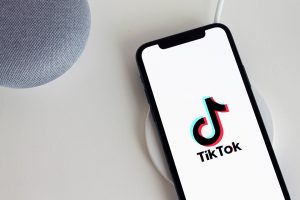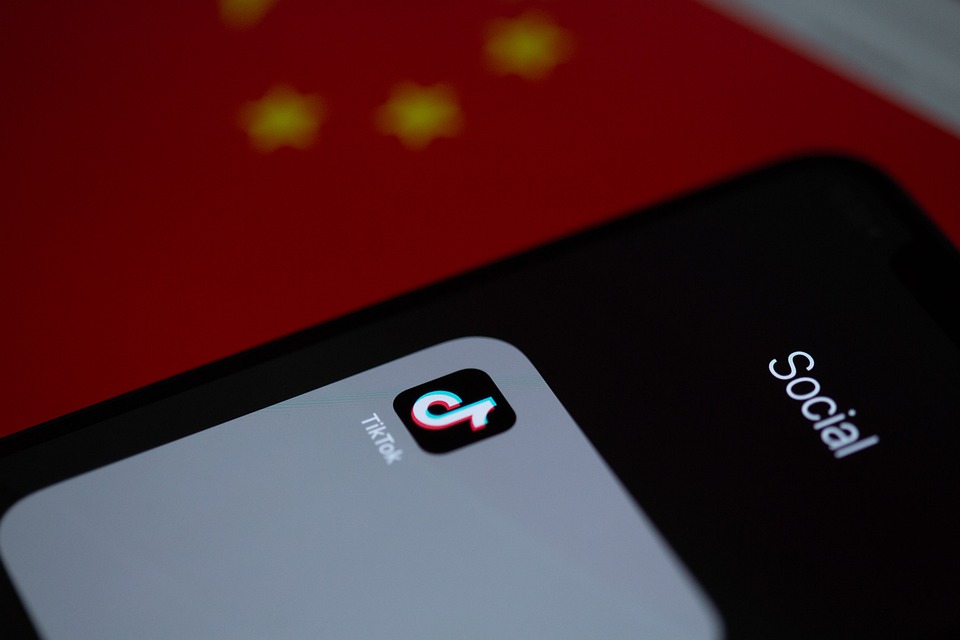A TikTok employee is also suing Trump, saying the administration is using American workers as pawns in a “political spitting match” between the White House and Beijing.
TikTok is suing the Trump administration, claiming a presidential order banning the social media platform from operating in the United States deprived the company of its right to due process.
The lawsuit, writes The New York Times, presents a critical escalation in the unusual feud between TikTok and President Donald Trump.
Trump, says the Times, has repeatedly said that TikTok—a subsidiary of China-based ByteDance—poses a national security threat. As LegalReader reported earlier this month, Trump is not alone in his analysis. While TikTok claims it has not shared any data with the Chinese government or Chinese intelligence services, it has censored information critical of Beijing. Furthermore, Chinese law mandates that internet companies like ByteDance must hand over data at the government’s request.
However, TikTok does not store its U.S. data in China—but that has not stopped the Trump administration from claiming that ByteDance could nonetheless be compelled to Beijing’s demands.
To drive ByteDance out of the U.S., Trump issued two executive orders at the beginning of August. The first banned TikTok from operating in the U.S., along with WeChat, a messaging app popular in China and other parts of East Asia.
The second executive order granted ByteDance a 90-day grace period to divest from its U.S. assets. Microsoft is purportedly in talks to acquire TikTok. But if negotiations break down, other technology companies doing business in the United States would be prohibited from dealing with either ByteDance or TikTok. That means that TikTok users would no longer be able to receive application updates, rendering the service eventually unusable.

In its lawsuit, TikTok has claimed that the Trump administration has acted rashly and attempted to circumvent the company’s right to due process.
“We do not take suing the government lightly; however, we feel we have no choice but to take action to protect our rights, and the rights of our community and employees,” TikTok said in court filings. “Our more than 1,500 employees across the U.S. pour their hearts into building this platform every day.”
TikTok also noted that it had planned to hire an additional 10,000 employees in the next several years.
TikTok also disputed that Americans’ data can easily be accessed by the Chinese government, saying it has taken “extraordinary measures” to protect the personal information of the more than 100 million U.S. citizens who have used the application.
Those measures, says National Public Radio, include TikTok’s decision to store U.S.-origin data outside of China—the company has a main server in Virginia, along with a backup in the Southeast Asian city-state of Singapore.
“The executive order seeks to ban TikTok purportedly because of the speculative possibility that the application could be manipulated by the Chinese government,” TikTok wrote in its suit. “[It] is not rooted in bona fide national security concerns.”
“Independent national security and information security experts have criticized the political nature of this executive order, and expressed doubt as to whether its stated national security objective is genuine,” the company’s attorneys added.
TikTok was also keen to note that the vast majority of user content—which feature users dancing, singing, or recording everyday situations—have little relation to national security.
Alongside TikTok’s complaint, the Trump administration will face another, similar lawsuit filed by one of the platform’s employees, Patrick Ryan.
In his filing, Ryan said that the President’s executive orders jeopardize the livelihoods of TikTok’s 1,500 American employees.
Calling Trump’s executive orders defamatory and in violation of due process protections, Ryan urged the President—and the courts—to consider that TikTok’s 1500 American employees “have families to feed, rents and mortgages to pay and health care to manage.”
“The U.S. employees of TikTok,” Ryan’s lawsuit says, “are pawns in a political spitting match between China and President Trump, who has decided to make ‘Tough on China’ a central theme of his re-election campaign.”
Ryan, notes NPR, is an attorney and filed the lawsuit himself.


Join the conversation!